When Justices Rebecca Bradley and Annette Ziegler voted to block a recusal rule for the Wisconsin Supreme Court
A group of retired judges and justices petitioned the Wisconsin Supreme Court in 2017 to enact a recusal rule for cases involving campaign donors — the high court's conservative majority quashed the proposal.
The Badger Project
September 1, 2023
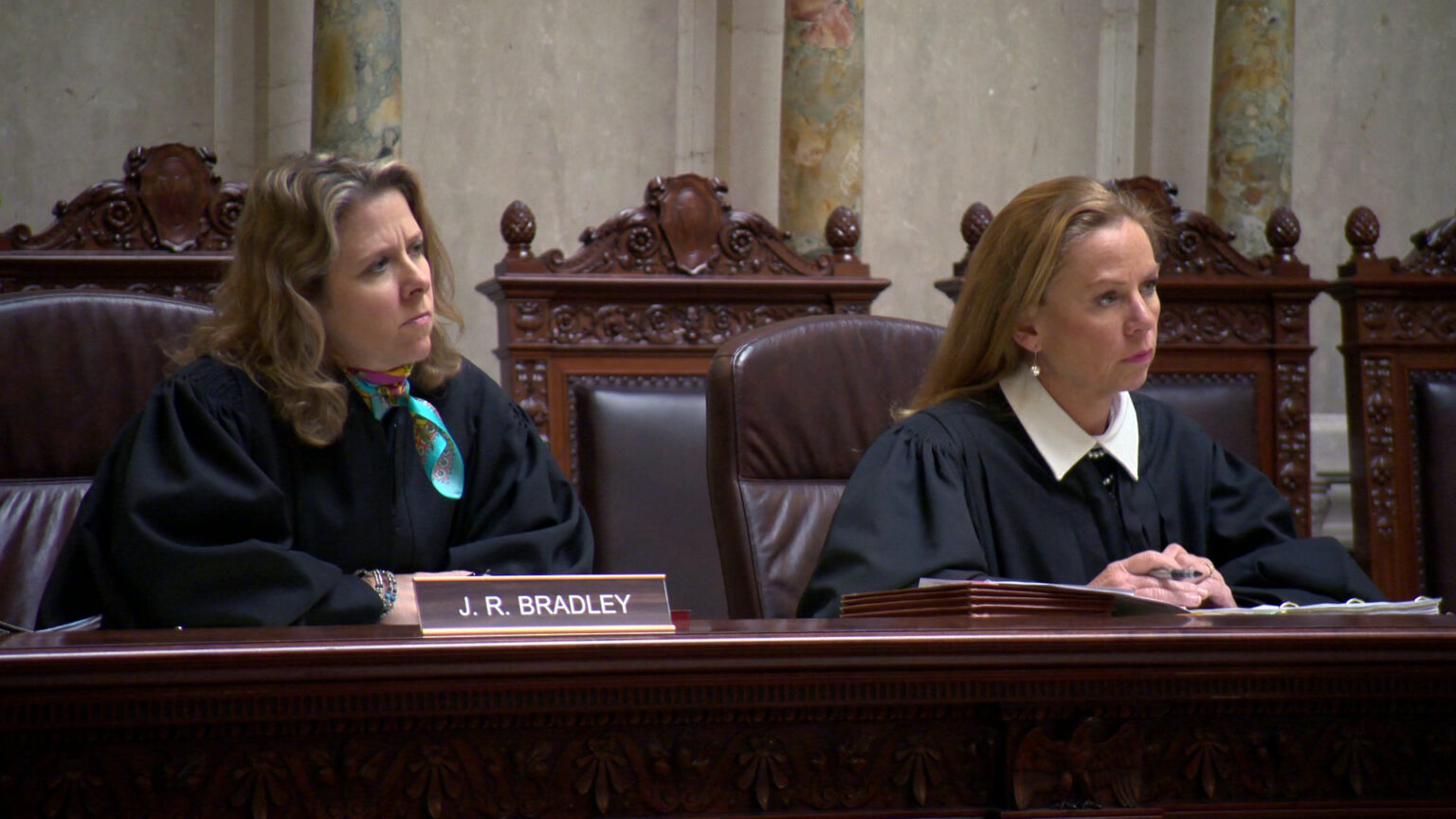
Wisconsin Supreme Court Justices Rebecca Bradley and Annette Ziegler listen to oral arguments in a case on April 20, 2017. In a ruling filed on June 30, 2017, Bradley and Ziegler joined the high court's conservative majority to reject a proposed rule that would require justices to recuse themselves in cases involving campaign donors. (Credit: PBS Wisconsin)

Two weeks into its new session, right-wing Wisconsin Supreme Court Justice Rebecca Bradley denounced the court’s left-wing majority in her dissent on a minor decision in a redistricting case.
“Despite receiving nearly $10 million from the Democrat Party of Wisconsin and declaring the maps ‘rigged,’ (new Justice Janet) Protasiewicz has not recused herself from the case,” Bradley wrote on Aug. 15, using a pejorative term for the Democratic Party often used by Republicans. “These four (left-wing) justices will adopt new maps to shift power away from Republicans and bestow an electoral advantage for Democrat candidates, fulfilling one of Protasiewicz’s many promises to the principal funder of her campaign.”
Bradley is right about the huge sums of cash Protasiewicz received from the Democratic Party of Wisconsin, which gave her about $10 million in her 2023 campaign.
But she left out an important nugget of information: Bradley voted against a rule that would have forced the state high court justices to recuse themselves in cases involving their campaign donors.
The issue dates back to 2017, when a group of retired judges asked the Wisconsin Supreme Court to enact a ban barring justices from ruling on cases involving an individual or organization that had donated to a justice’s campaign.
At the time, a 5-2 conservative majority controlled the court. Bradley joined her right-wing colleagues, which included current Chief Justice Annette Ziegler, to kill the proposed recusal rule.
The petition “asks us to infringe the First Amendment rights of the people of Wisconsin who wish to participate in judicial elections, either through supporting a candidate directly or speaking out on issues in a judicial race,” Bradley wrote in her opinion. “The people of Wisconsin, like everybody else in this country, have a First Amendment Right to do that. They have a First Amendment right to speak out in favor of the judges they support, and in opposition to the judges they oppose, without being penalized for exercising their free speech rights. . . . In my mind, this petition is somewhat shocking in its disregard for the Wisconsin Constitution and the United States Constitution, particularly the First Amendment.”
Bradley’s stance on Protasiewicz’s recusal is “inconsistent,” Ed Miller, a political science professor emeritus at UW-Stevens Point, and a longtime watcher of the Wisconsin Supreme Court, wrote in an email.
“Often people think that the court is not a political body,” he added. “In fact, it is and always has been.”
Bradley did not respond to a request for comment sent to the court’s public information officer.
During the campaign, Protasiewicz promised to recuse herself from cases involving the Democratic Party of Wisconsin, which had already donated large sums to her campaign.
The Wisconsin Supreme Court is currently considering two different redistricting cases. The Democratic Party of Wisconsin is not a direct participant in either, although the party has a vested interest in the cases’ outcomes. Many experts say Wisconsin is one of the most gerrymandered states in the country, in favor of the Republicans who drew the maps.
State law allows individuals to donate up to $20,000 per election to a candidate for the Wisconsin Supreme Court. But a legal loophole in Wisconsin permits unlimited donations to political parties, and parties also have no limits on how much they can donate to candidates. So huge sums can circumvent campaign finance limits by flowing through parties to candidates.
Former Wisconsin Supreme Court Justices Janine Geske and Louis Butler both signed the donor recusal petition back in 2017.
The Badger Project is a nonpartisan, citizen-supported journalism nonprofit in Wisconsin.
 Passport
Passport




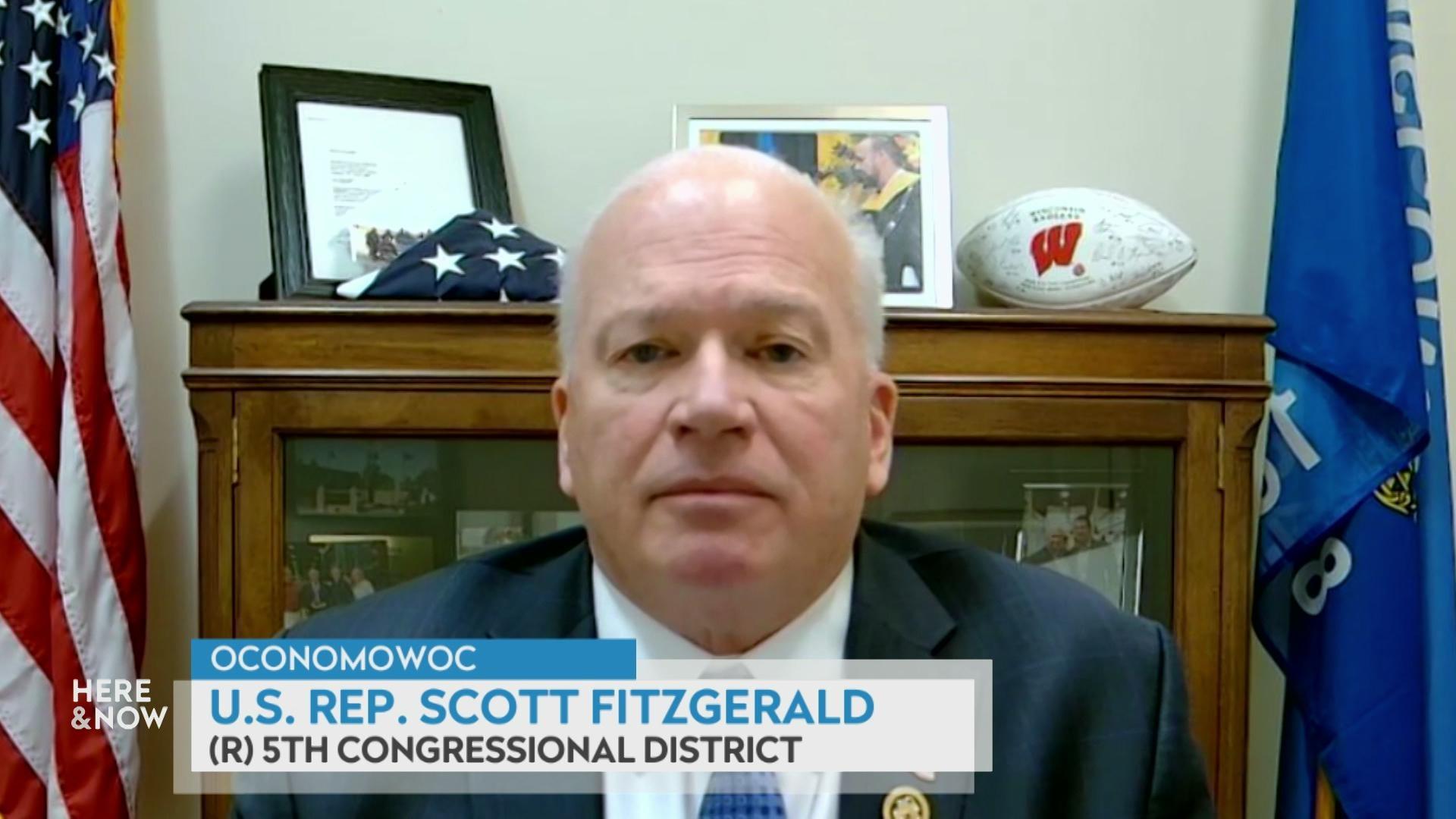
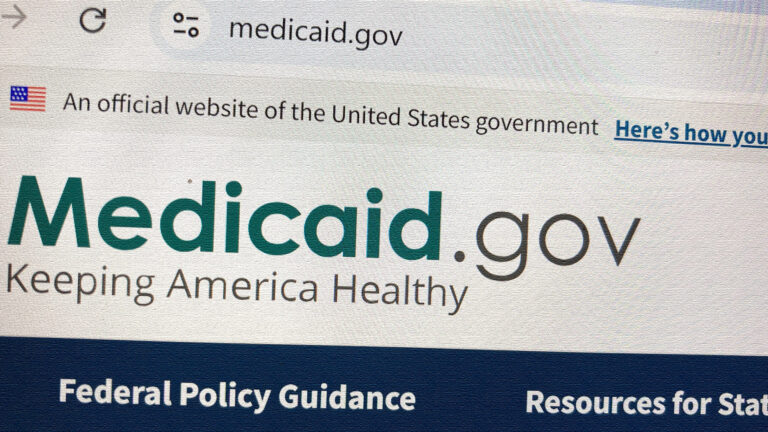
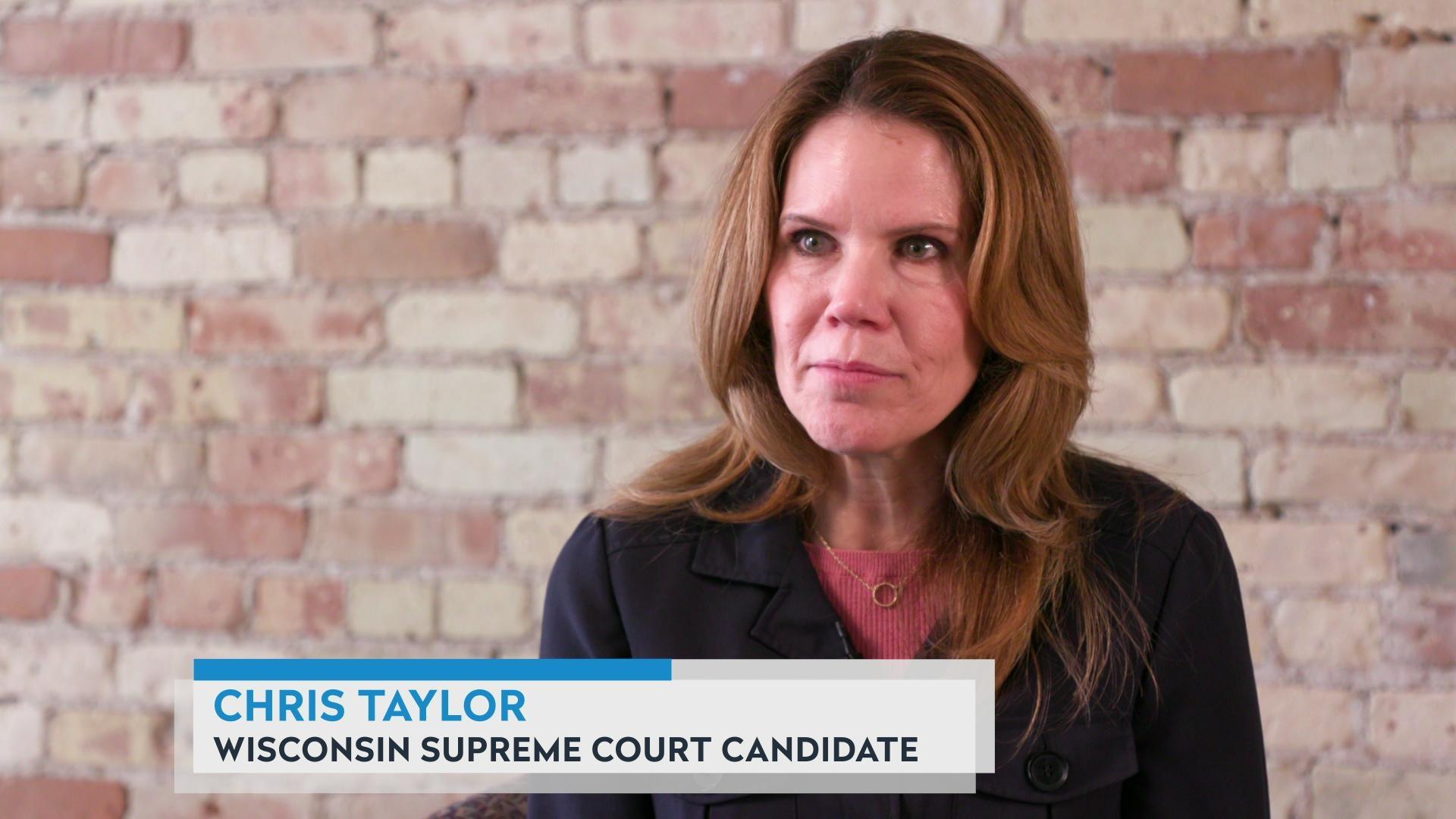

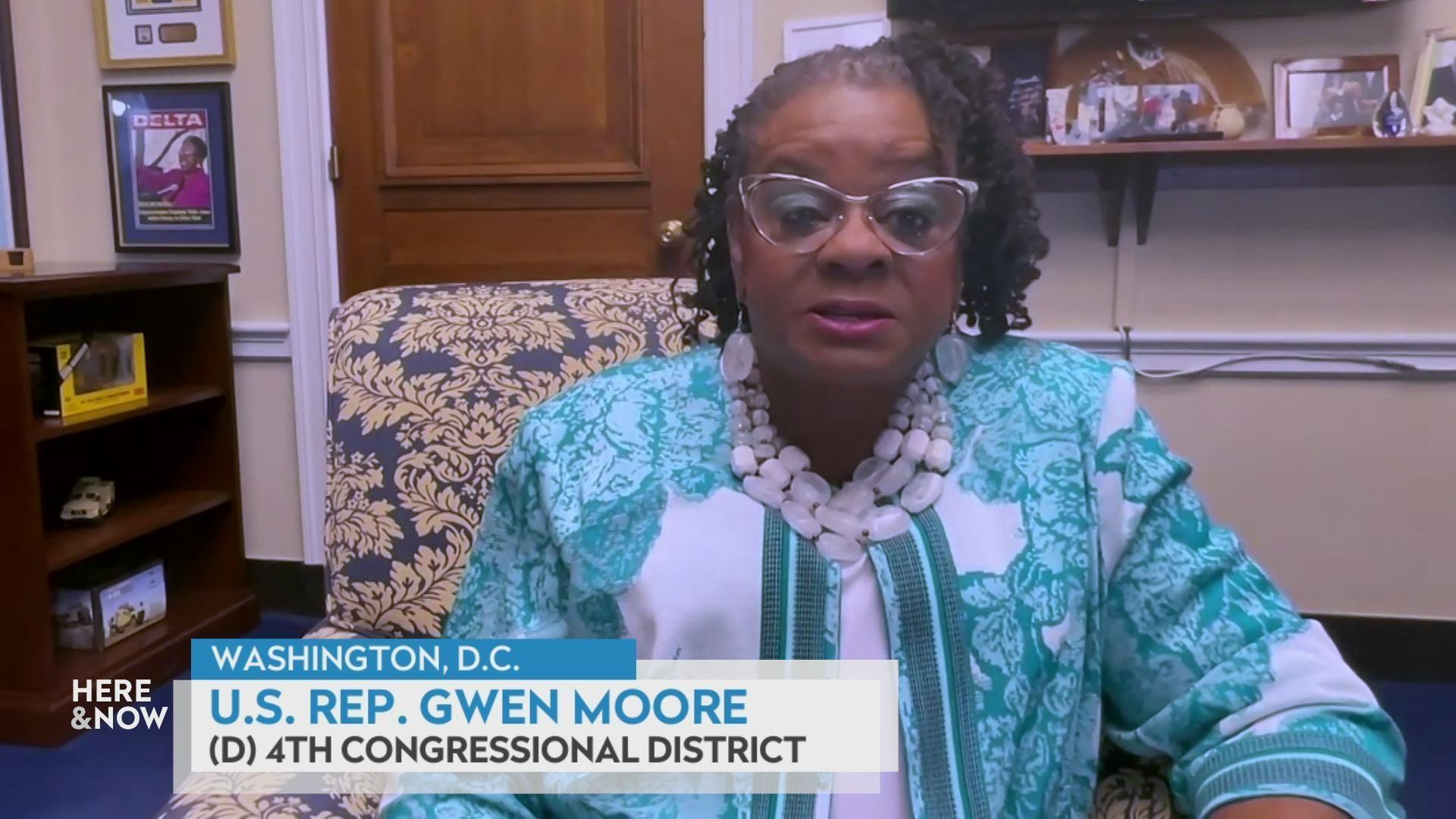
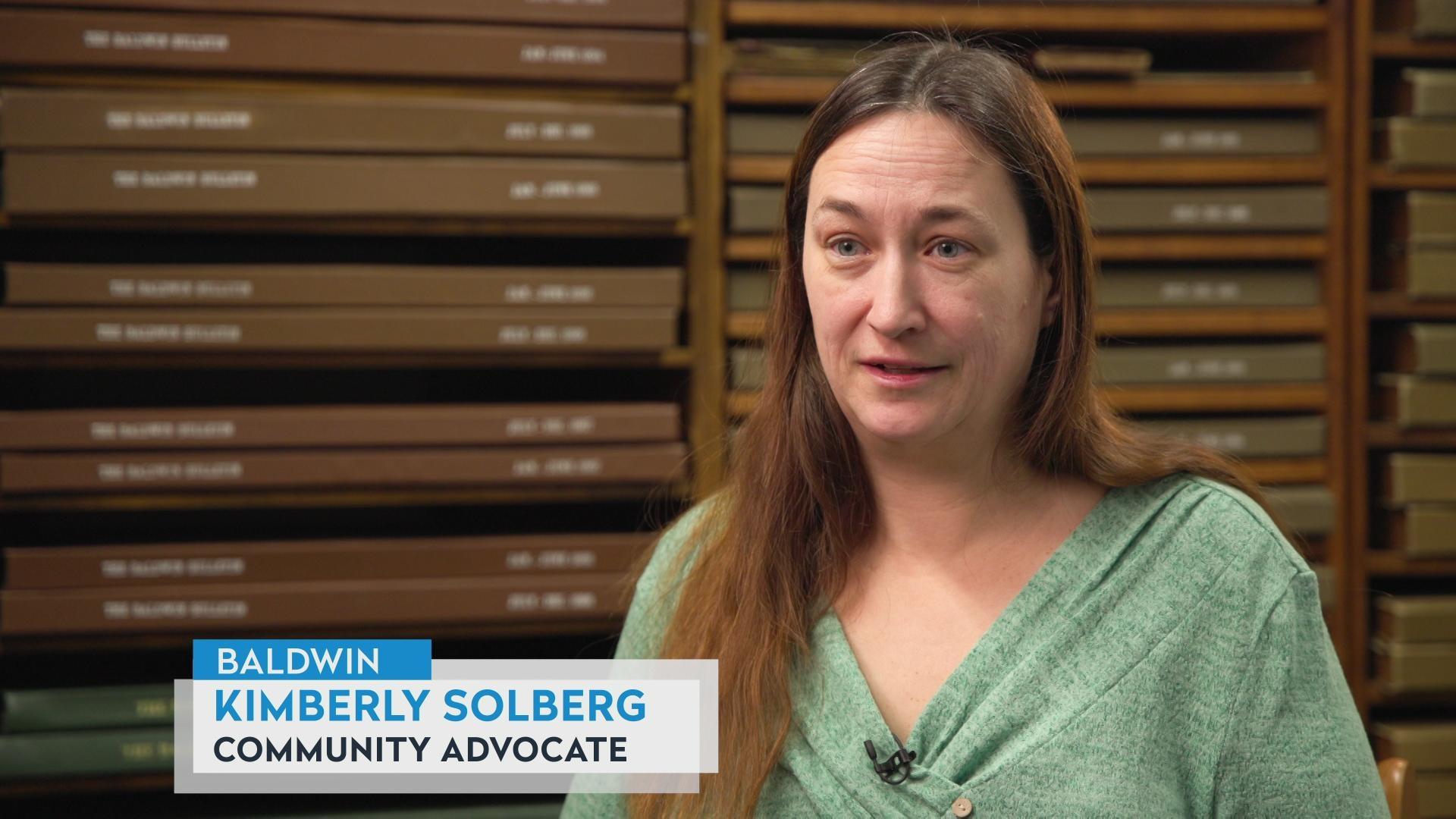

Follow Us